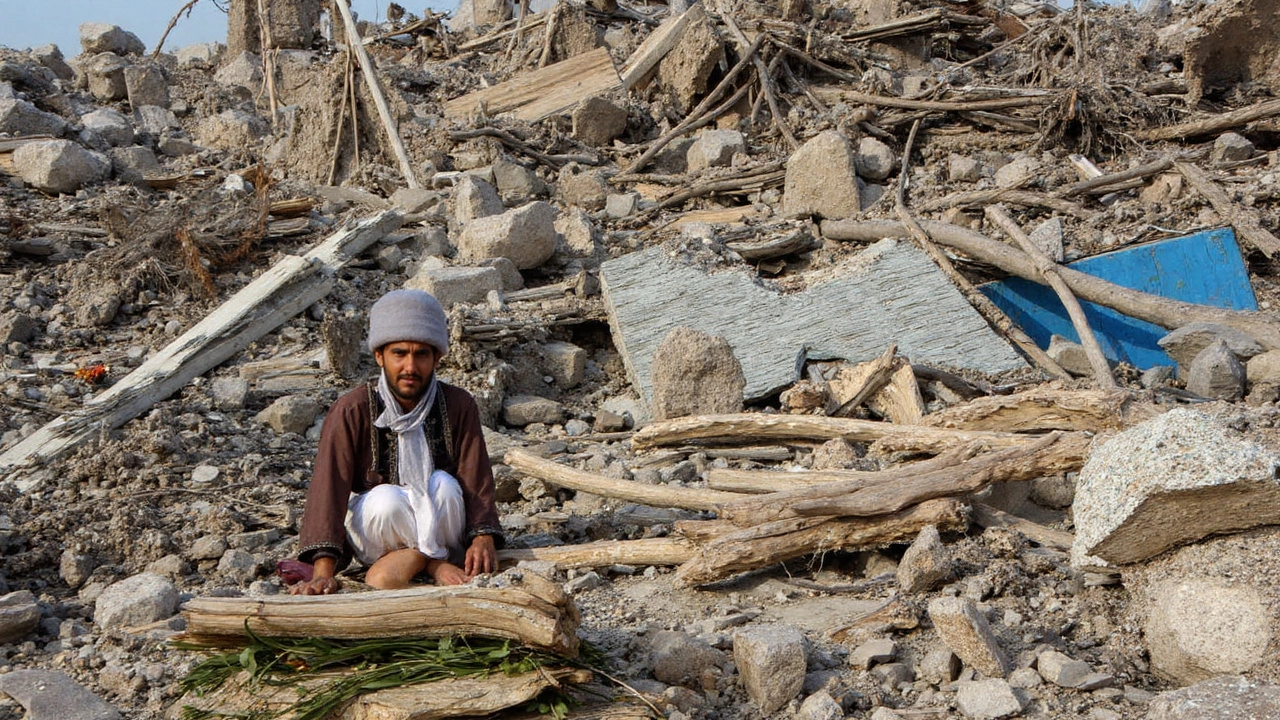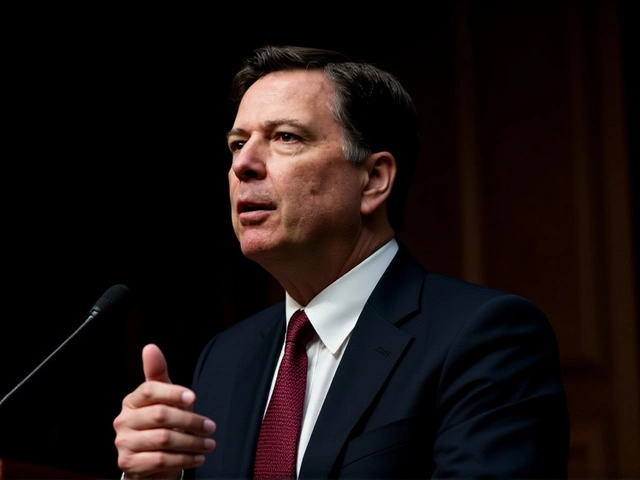What Is Taliban Isolation and Why It Matters
When you hear "Taliban isolation" you’re basically hearing that most of the world is pulling back from Afghanistan’s ruling group. It isn’t just a headline – it’s a mix of travel bans, frozen assets, and stopped diplomatic talks. The goal is to press the Taliban to respect human rights, especially women’s rights, and to keep terrorism off the table.
How Countries Enforce the Isolation
Governments use a few simple tools. First, they freeze any Afghan money that sits in foreign banks. Second, they deny visas to Taliban officials and anyone linked to the regime. Third, they cut off aid that isn’t tied to strict conditions. Together, these steps make it harder for the Taliban to get money, travel, or legitimize their rule on the global stage.
What It Means for Everyday Afghans
Isolation sounds like a political term, but it hits people on the ground. With foreign aid blocked, schools and hospitals lose funding. Trade slows down, so prices for basic goods rise. Many Afghans find it tougher to get work or travel abroad. At the same time, the pressure can force the Taliban to loosen some harsh rules – a bit of a trade‑off.
One concrete example is the education ban on girls after grade six. International pressure has led the Taliban to roll back that ban in a few provinces, just to avoid harsher sanctions. So while isolation hurts, it can also open a tiny window for change.
Another area is the oil and gas sector. When the US and EU stopped buying Afghan oil, the country’s revenue dropped dramatically. That loss means less money for public services, pushing the government to look for domestic solutions or to negotiate peace talks that could ease the pressure.
People also worry about refugees. Isolation makes it harder for Afghans to get asylum in other countries because the paperwork is tangled with sanctions. Some NGOs are stepping in, but they often face the same restrictions, making aid delivery slower and more bureaucratic.
If you’re wondering whether the isolation will ever end, history offers clues. Sanctions on Iran and South Africa eventually eased when those countries changed key policies. For Afghanistan, the turning point could be a genuine move toward inclusive governance – especially giving women a voice.
Meanwhile, some nations are keeping back a minimal amount of humanitarian aid, just enough to keep hospitals running. This “smart isolation” tries to hit the Taliban without killing innocent people. It’s a tricky balance, and critics argue it’s not always successful.
Bottom line: Taliban isolation is a set of tools the world uses to push for better behavior in Afghanistan. It restricts money, travel, and diplomatic ties, which hurts the economy and everyday life but also creates pressure for reform. Watching how the Taliban reacts will tell you if the strategy is working or if a new approach is needed.



